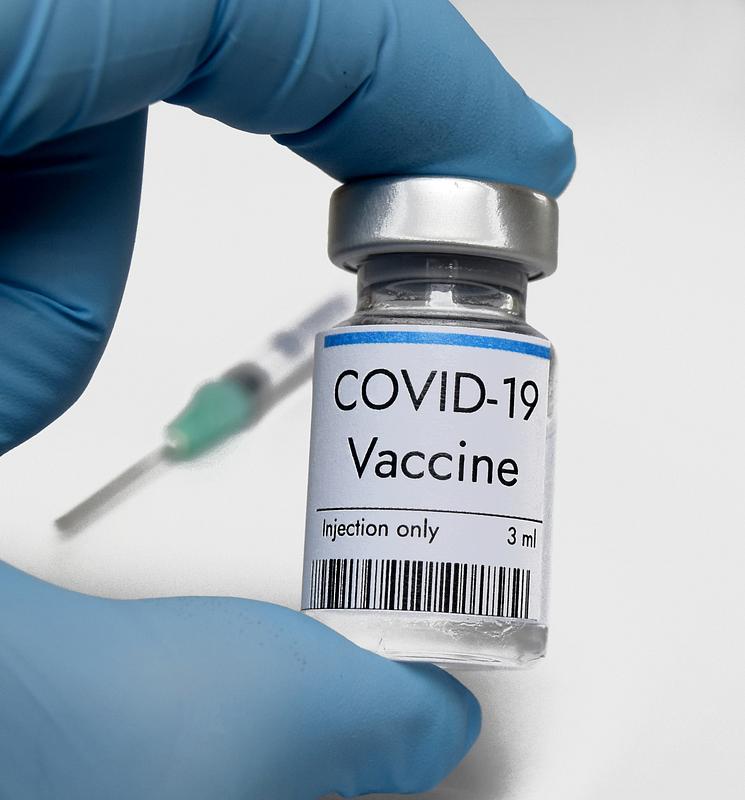Romania's defense council to discuss Covid-19 vaccination strategy



The country's defense council CSAT is set to meet today, December 3, to discuss the Covid-19 vaccination strategy.
The Government passed the decision concerning the Covid-19 vaccination strategy last week, on November 27.
The strategy was drafted by a national committee tasked with coordinating the vaccination campaign, an entity subordinated to the Government's general chancellery and under the prime minister's coordination.
The local Covid-19 vaccination campaign will have three phases, and vaccination will be free and voluntary.
The duration of each phase will be set depending on the chosen vaccination scheme, which can include one or two doses.
Health and social workers, in both the public and private systems, will be the first to receive the vaccine against Covid-19, according to the official platform vaccinare-covid.gov.ro consulted by G4media.ro. People older than 65, those suffering from chronic illnesses, and workers in essential domains will be targeted in the second phase of the campaign. The rest of the population will receive the vaccine in the third phase.
The first phase will target the staff in hospitals and ambulatory units (health workers, auxiliary staff, administrative staff, security staff, and other categories); the staff working in the emergency healthcare system: ambulance staff, those working for the emergency rescue service SMURD, the general department for emergency situations IGSU, the county departments for emergency situations IJSU, and emergency units; the staff in the family medicine network, school medicine, and community medical assistance; the staff of labs, pharmacies, and other health workers; the staff providing dentistry services; resident doctors and students of medical schools and universities; paramedics and volunteers working in health units; the care staff of residential and medical-social centers; the staff providing home-based medical and social care; the staff of the public health services (the National Institute for Public Health and the public health departments DSP); the staff of the medical units of the ministries that have their own healthcare network; the staff of dialysis and transfusion centers; and the staff working in rolling out the vaccination campaigns.
The second phase of the Covid-19 vaccination campaign covers high-risk individuals, including people who are older than 65 and people with chronic illnesses regardless of their age; and workers in key, essential areas, such as the staff deemed essential for the functioning of the state institutions (parliament, presidency, government, ministries and their subordinated institutions), the staff working in defense, public order, national safety and the judiciary; the staff in the vital economic sector – the processing, distribution, and retail of essential foods (bread, dairy, meat, fruits & vegetables), water distribution &transport; power plants and the production, transportation, and distribution of electricity; gas production, transport, an distribution units; liquid and solid fuel production, transport, an distribution units; drugs and sanitary supplies & equipment production, transport, an distribution units; people and goods transport; railway connections, civil and military airports, essential ports; communications (the special telecommunications services, and the public television and radio); the staff working in education; the postal and courier services staff; the staff of various religious faiths; the media staff undertaking activities with a high risk of exposure to the SARS-CoV-2 infection; the workers in sanitation and waste management.
The third phase of the vaccination campaign is targeted at the wider public and children, depending on the evolution of the pandemic and the characteristics of the vaccines approved for use for those under 18.
(Photo: Maria Kamińska | Dreamstime.com)
editor@romania-insider.com